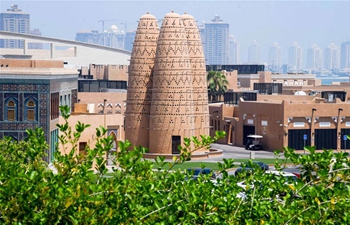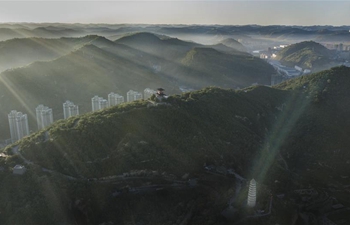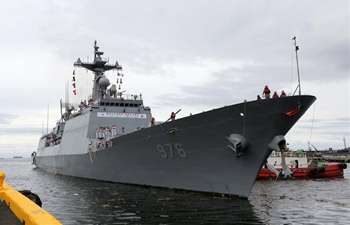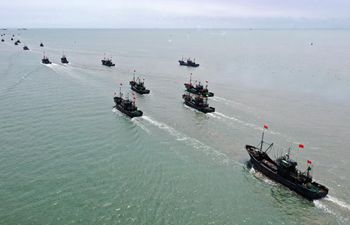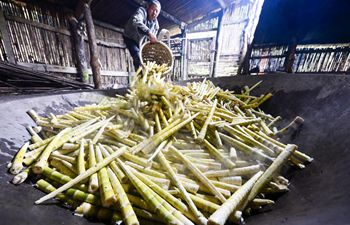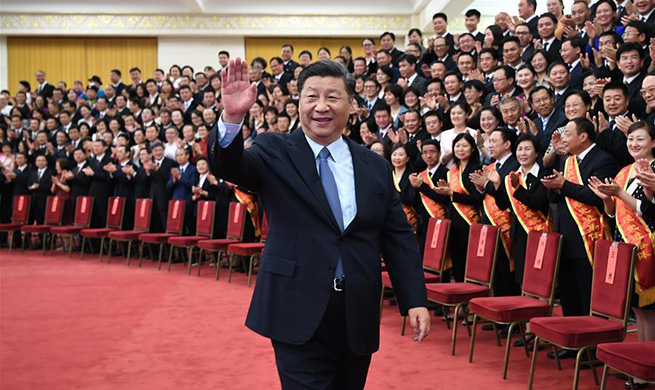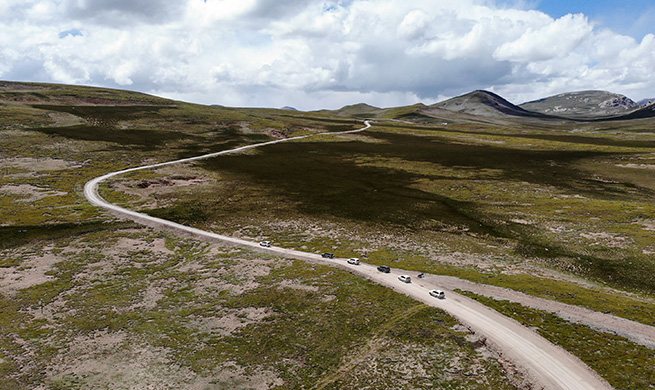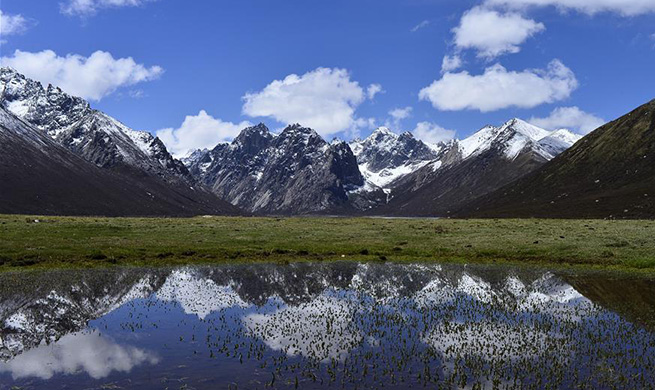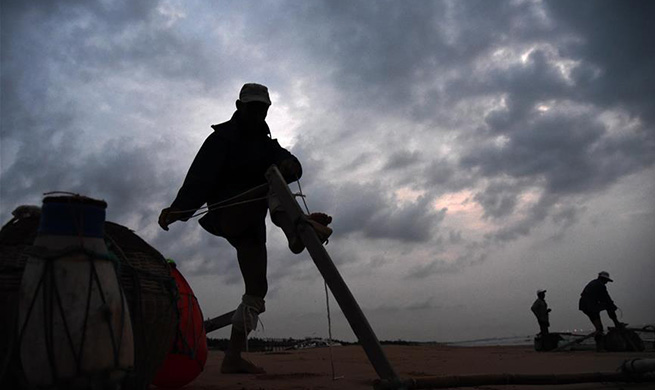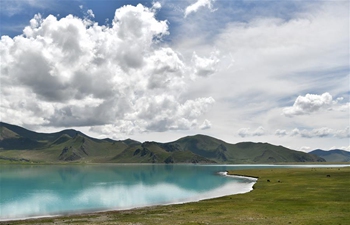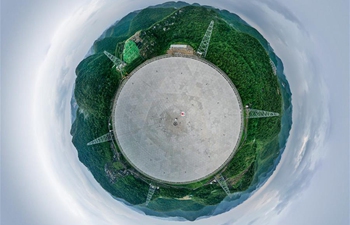BENI (DR Congo), Sept. 2 (Xinhua) -- UN Secretary-General António Guterres said the Ebola epidemic remains a serious public health crisis for people in the north-east of the Democratic Republic of the Congo (DR Congo), but also for the country in general.
The UN chief was speaking from the Mangina region, the epicenter of the epidemic where the first reported case was reported last year in the province of North Kivu.
"I want to express my admiration for the courage and resilience and commitment of the community and those who are healed and who are today, I would say, the most important testimony that shows that there is a solution for the Ebola outbreak and everyone needs to come in when there are symptoms to be treated, "said Guterres in an on-site press conference in Mangina.
For the UN chief, we obviously need an answer with several aspects from everyone, including the security aspect, because to fight ebola well, you need freedom of movement, access to the places concerned, but also security.
"Our solidarity must be expressed by increased cooperation between MONUSCO and the DRC Armed Forces, which can first contain and, if possible, defeat the threat of terrorist acts by the ADF, but also do everything possible to demobilize the other armed groups of local nature and to convince them to abandon the bush and reintegrate into society, "he added.
"With increased security efforts, we also need an increased effort to combat Ebola in all affected regions and to prevent other regions in and out of Congo", stressed the UN chief.
He said, UN must mobilize all the capacities and all the responses of the country and the international community to overcome this battle and we must also recognize that for the Congolese populations, there are other diseases that must be cured measles, like malaria and cholera.
The UN Secretary General recalled that measles and malaria are making more victims in the DRC than the Ebola epidemic itself, even though Ebola represents a qualitatively more serious threat at the national and regional levels.
At the same time, he also called for greater solidarity from the international community, which has already responded to the call for funding.
"The pledges up to the end of the year are more or less in line with Ebola needs, but only 15 percent has been paid so far. That means there is a liquidity problem in the response, which is extremely serious. And when there is no cash, even if there are promises, the answer against Ebola stops. And if we lose a week in the response against the epidemic we do not lose a week but we can lose the war against Ebola, "insisted Antonio Guterres.
He also expressed solidarity with all the victims and his admiration for those who have already been healed, which shows that it is worthwhile to do the treatment, that it is worthwhile to come to treatment like this.
Arrival from the city of Goma on Saturday, the Secretary-General of the UN concludes his visit on Monday in Kinshasa where he meets the DR Congo President Felix Tshisekedi and the Prime Minister Sylvestre Ilunga, as well as parliament members and representatives of the opposition.
The Ebola epidemic in the DR Congo has passed the milestone of 2,000 deaths and more than 3,000 cases since its declaration last year, according to the committee report in charge of the response.
